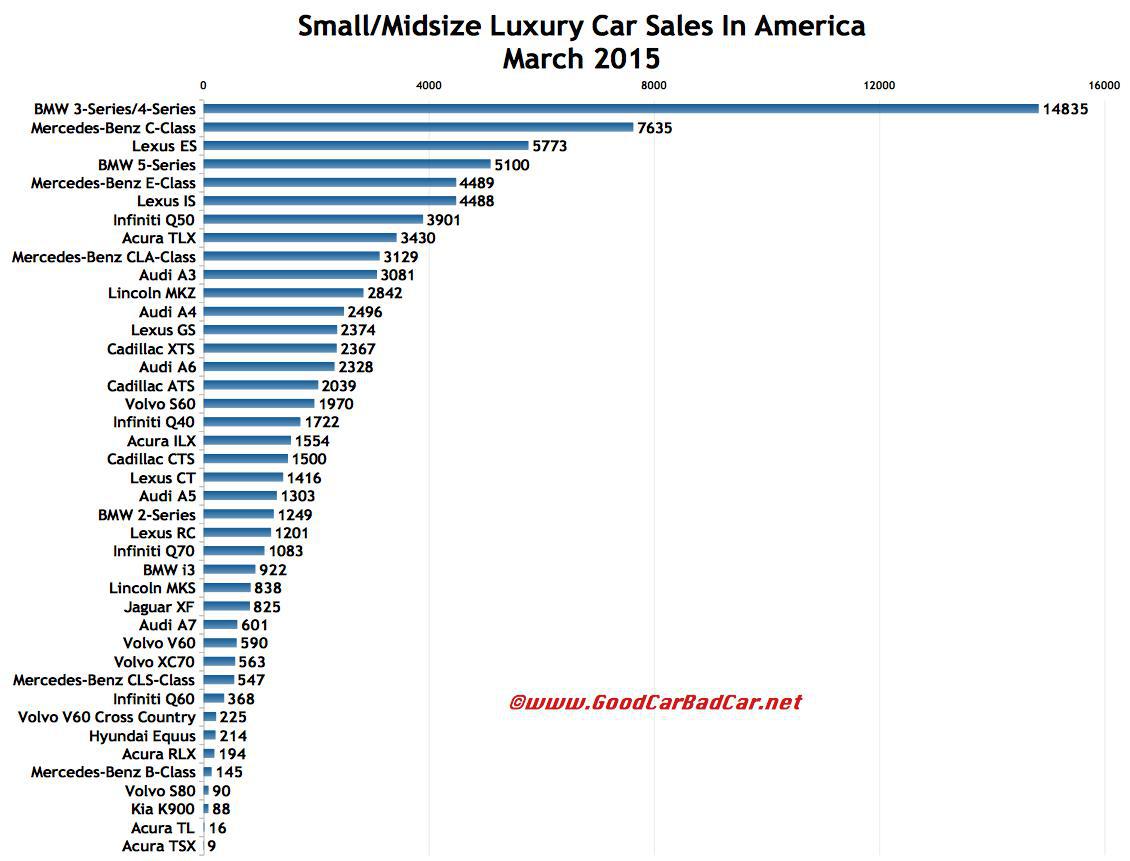Five Reasons Refinancing an Auto Loan May be Right for You

Five Reasons Refinancing an Auto Loan May be Right for You
Car News
- Auto-loan interest rates are at historic lows and very likely lower than on your current loan.
- Refinancing a car is quick, effortless and painless.
- Lenders have slew of money available for refinancing auto loans.
With all the attention paid to refinancing home mortgages, restructuring your auto loan may not even be on your radar; however, there are five reasons refinancing an auto loan may be right for you.
Many of us spend hours or even days researching a car purchase. We visit manufacturer Web sites to see what’s available, go to consumer sites like AutoTrader.com for advice and recommendations, check ads in the newspaper looking for bargains and then travel around to dealerships test driving our favorites.
Buying a car is a process – sometimes a very long, drawn-out process.
Despite all of our care in choosing the right car, we don’t always put as much effort into getting the best auto finance rate – the cost of borrowing money. We leave it up to the dealership’s business manager to pick a finance company or just go to the loan officer where we bank and hope for the best.
When pulling away from a dealer’s lot in our brand-new car, we don’t consider that maybe we are paying a higher interest rate than we need to, perhaps much higher.
If your current auto loan interest rate is above 5%, you might want to run the numbers and look at refinancing. At this writing, Pursue Bank was suggesting a refinance rate of Three.93% for forty eight months on a two-year-old car; myautoloan.com was advertising a 48-month rate of Trio.19%.
Unlike refinancing your mortgage, or even getting a loan to consolidate your credit card balances, refinancing your vehicle loan is usually quick, effortless and painless. Many lenders encourage online applications. An appraisal won’t be required. Often there are no fees and if there are, they will be minimal. You will need to do the math to see if you actually save money, but the response may surprise you.
You should consider refinancing your auto loan if:
Interest Rates Have Dropped
Auto loan interest rates are at historic lows. According to Paul Taylor, the chief economist at the National Automobile Dealers Association (NADA), auto rates haven’t been this low since Harry Truman was president.
Albeit money costs a bit more when financing a used car or refinancing a car than for a brand-new one, the refinancing interest rate still may be lower than when you purchased that car fresh two or three years ago. In fact, it very likely is. According to the consumer financial site Interest.com, the average new-car interest rate was down from 6.04% in March of 2011, to Four.47% in March of 2012.
According to credit data experienced Experian, interest rates are down for all borrowers from those with a spotless credit history to those with a checkered credit past. Even for the highest risk borrowers that Experian refers to as “deep subprime,” new-car interest rates dropped almost a utter percentage point from the end of two thousand ten to the end of 2011.
No matter where you are in the credit spectrum, interest rates are falling.
You Didn’t Get the Lowest Interest Rate.
If you didn’t do your homework before hopping into an auto loan, chances are pretty good you’re paying too much in interest.
Whenever we pay too much for an auto loan, someone, somewhere is making extra money. Some lending managers actually get a little cut of whatever they overcharge you for the money you borrow. It’s not fair, but it happens. And, usually we drive off in our fresh car blissfully unaware that we could have done better. If later we detect we deserved a lower rate, it makes sense to consider refinancing. It’s not just a matter of self respect, it’s keeping what rightfully belongs to us.
Your Credit Score Improved
A credit score is a snapshot of credit worthiness at any moment in time. It’s a living, breathing thing that tracks up and down according to our switching credit status. It’s a numerical value reflecting the credit risk we pose. A higher score translates into less risk; while a lower score means lenders take a thicker risk lending to us.
A credit score isn’t static. It can switch from one month to the next. Perhaps when you took out your current auto loan, you were dealing with some negatives in your credit history. Or, maybe you didn’t have much of a credit history. Both would earn you a low credit score and mean a double-digit interest rate on your car loan.If you have been making the payments on your current car loan on time for a while and the rest of your credit is healthy – or at least healthier than it was – you might want to investigate refinancing.
You can check your credit score for free at Experian’s freecreditscore.com.
You Need to Reduce Your Monthly Payments
We don’t always have control over factors that can influence monthly income and expenses. If for some reason expenses have abruptly outpaced income, it makes sense to attempt to reduce monthly payments, including a car payment. Even if you don’t qualify for a lower interest rate, extending the term of the loan may reduce the monthly payment and reduce some of that first-of-the-month pressure.
You Want to Buy a Car That is Coming Off Lease
Most lease contracts are written to give the leasee the option of buying the car when the terms of the lease have been fulfilled.
How to Find a Refinance Lender
There is no shortage of money available for refinancing. Credit unions have gobs of money to lend and welcome refinancing business. Many banks, too, are ramping up their auto-loan refinancing.
Dozens of online sites, such as myautoloan.com specialize in auto refinancing. And, a number of banks and other lending institutions also suggest an online application process like Capitalone.com and Pursue.com.
Refinancing Isn’t for Everyone
Before considering refinancing, you need to know two things: the payoff amount of your current loan – this is the amount to be refinanced – and the current book value of your car.
Call your lender to request the payoff, and go to a Web site like NADAguides.com or KBB.com (Kelly Blue Book) to determine the car’s current value. If your car is worth less than the loan balance (upside down), lenders may be hesitant to give you a lower interest rate. Also, many lenders have minimum and maximum amounts they will refinance, as well as boundaries on a car’s age. These vary from lender to lender.
What it means to you: Under the right circumstances, refinancing an auto loan can save big bucks.


